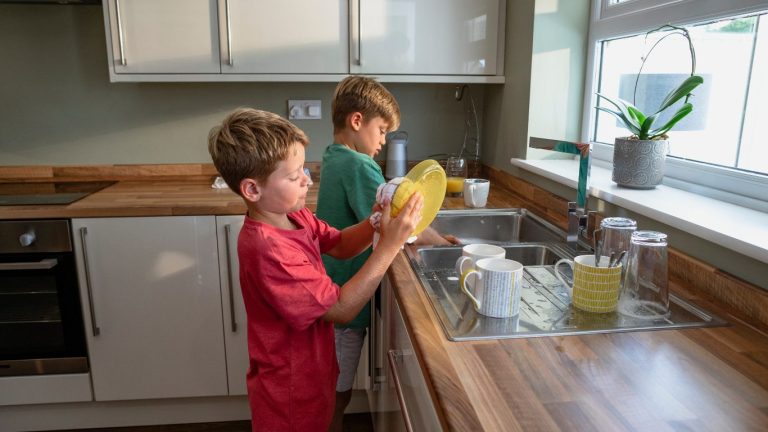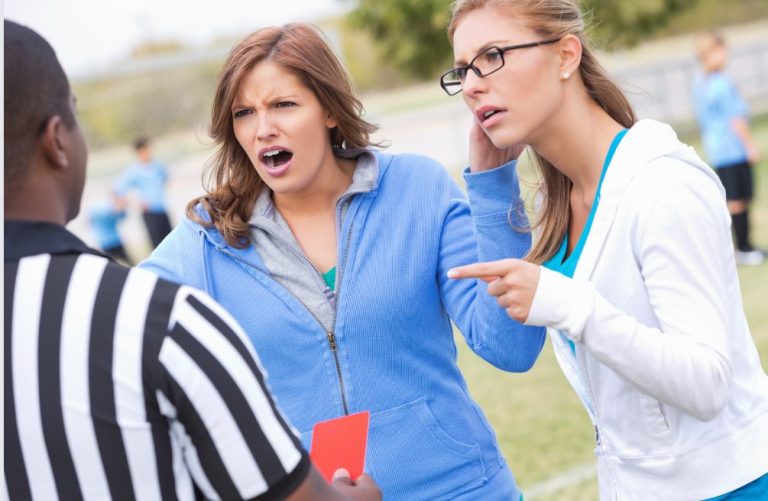It’s taken as read in modern ‘first-world’ existence that everyone should follow their dreams – after all, how else can you expect to be happy? Failing to follow your dreams means you’ll always be wondering about what might have been, won’t you?
But what if following your dreams destroys someone else’s dream? And what if your dream will damage your life because it actually can’t be realised, no matter how much you try? It might also be worth considering what kind of dreams are we being invited to pursue, and by whom.
Not awfully long ago, as many people still alive will confirm, a common Kiwi dream was to retire with a mortgage-free home so you could live comfortably on the old-age pension. Just one home, note, and no huge investment portfolio – you could live on the pension, without fear of starving, or dying of third-world diseases contracted from living in a damp, unheated flat and being unable to pay your doctor’s bills. Some countries still manage to cater to this dream, but New Zealand isn’t one of them.
Modern New Zealand dreams seem to have developed from the much-promoted “American Dream,” which has itself undergone some pretty nasty reinvention since World War II. Our children are fed the dubious mantra that all they need to do is believe in themselves and set their sights high, and they can be anything they want to be. But there’s this little problem of a thing called the ‘normal distribution.’ It applies to a lot of things, including intelligence, psychological traits of many kinds, earning capacity, and the artificial criteria often applied to exam results. If you draw a graph of a normal distribution, it’s bell-shaped, which means that most people lie clustered around the middle, with smaller numbers in the ‘tails’ on either side. The tails represent the extremes, such as genius/severe cognitive disability; extreme wealth/extreme poverty; or psychopathy/unusual empathy. While the occasional highly publicised individual escapes from the main pack to do something extraordinary, there are a lot more who don’t. Is it entirely kind to suggest that all you need to do is follow your dream and all will be well, when the evidence suggests otherwise? And is it even desirable?
There is a very interesting article on precisely this subject, which can be found at http://aeon.co/magazine/psychology/why-telling-kids-to-dream-big-is-a-big-con/. While it may sound dreadfully negative, that isn’t really its message at all. It discusses the rise in unrealistic expectations, which in many cases have resulted only in huge anxiety over achieving these aims, and a terrible sense of failure and guilt when they are not reached. And in an interesting contrast, it mentions the work of Julie Lythcott-Haims, the author of a book called How to Raise an Adult, who used to counsel students at Stanford University in the USA, where she routinely dealt with people whose dreams were much less exalted than the expectations of their parents: those who really wanted to be nurses, not doctors, or high school teachers, not university lecturers. She emphasises how important it is to support people by listening to their real aims. She holds that the problem facing many young people is our definition of the ‘anything’in ‘you can be anything.’ To quote her:
We’re equating it with prestige, power, title, money, certain sectors. If we could shift, over the next decade, toward high achievement being the equivalent of knowing your skills and your values and your passion, and living accordingly, imagine what a different world we’d be living in.
If we shifted our emphasis away from following unrealistic individual dreams, especially the kind that involve accumulation of lots of personal wealth and power, and focused instead on how we might best use our abilities, whatever they are, to create a better and more just society for everyone, that might be a dream worth following.
In the meantime, as a great start feed your family some home-grown and/or organic food at least once a week.
It is good to know you have given your children something truly wholesome: every little bit counts towards healthier people and a healthier planet.





